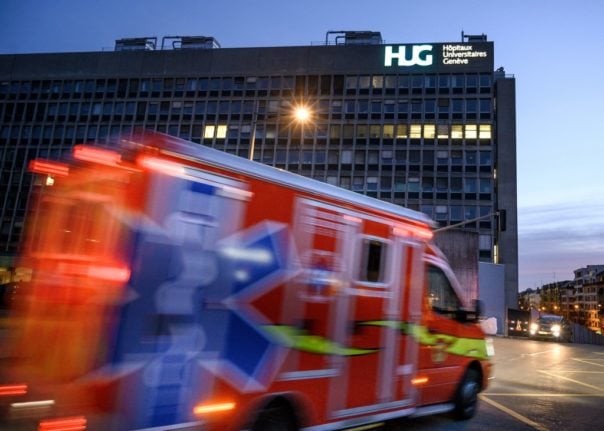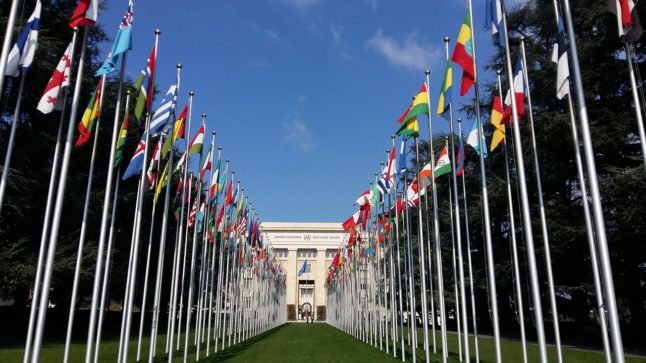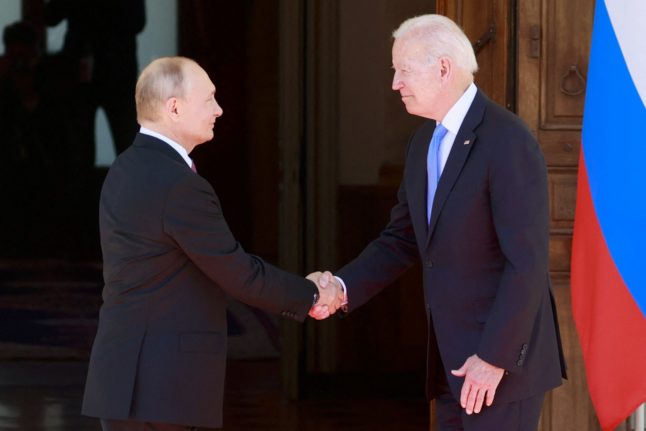Noting that the number of coronavirus infections “seems to have flattened” in the canton in recent days, Geneva authorities decided on Wednesday “to launch a process of easing anti-COVID measures.”
The decision is “based on the principle that the sacrifices made by the population will confirm this downward trend in the days to come”, cantonal authorities announced.
From Saturday, certain activities involving close personal contacts, including hairdressers, beauty salons, barbers and tattoo parlours, will be allowed to re-open.
The ban on fitness activities will also be lifted for groups of up to five people, as long as the activities do not involve physical contact. These sessions must be organised by appointment, as fitness facilities will remain closed to general public.
Sports training will also be allowed. All these activities “must strictly comply with the reinforced protection plans” and masks must be worn at all times, authorities said.
However, restaurants, bars and entertainment venues will not re-open for the time being, though “the aim is to give restaurants and non-essential shopkeepers the opportunity to open before Christmas”, State Councillor Mauro Poggia said.
READ MORE: UPDATE: What's the latest on the Covid-19 situation in Geneva?
One of the reasons for easing the measures is to prevent Genevans from defying lockdown and going to shop and use personal care services like hairdressers in the nearby canton of Vaud, where measures are not as strict.
“It is unacceptable that Genevans go to Vaud to do what is forbidden in Geneva,” Poggia said.
In order to rein in the skyrocketing number of infections and hospitalisations, authorities introduced a slew of restrictions on October 31st, closing all non-essential stores and businesses — measures that went beyond those ordered on national level as well as by individual cantons.
As recently as the first week of November, Geneva had Europe’s highest number of contaminations per capita and its university hospital was reaching the limit of patients with coronavirus-related complications.
However, the number of daily reported cases dropped from over 1,000 in the first week of November to 400 on Tuesday.
The number of hospitalisations, though still high, went down slightly from 642 on November 16th to 568 on Tuesday.
Vaud
From midnight on Wednesday, Vaud allows the practice of individual indoor sports, provided there is sufficient space of 15 square-metres per person. On the other hand, this limit is lowered to 4 m2, when the practice is static and does not cause significant effort.
In the cultural field, the State Council authorises rehearsals in groups of up to 30 people, as long as masks are worn.




 Please whitelist us to continue reading.
Please whitelist us to continue reading.
Member comments